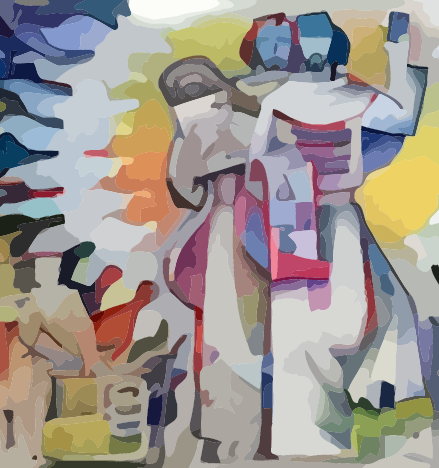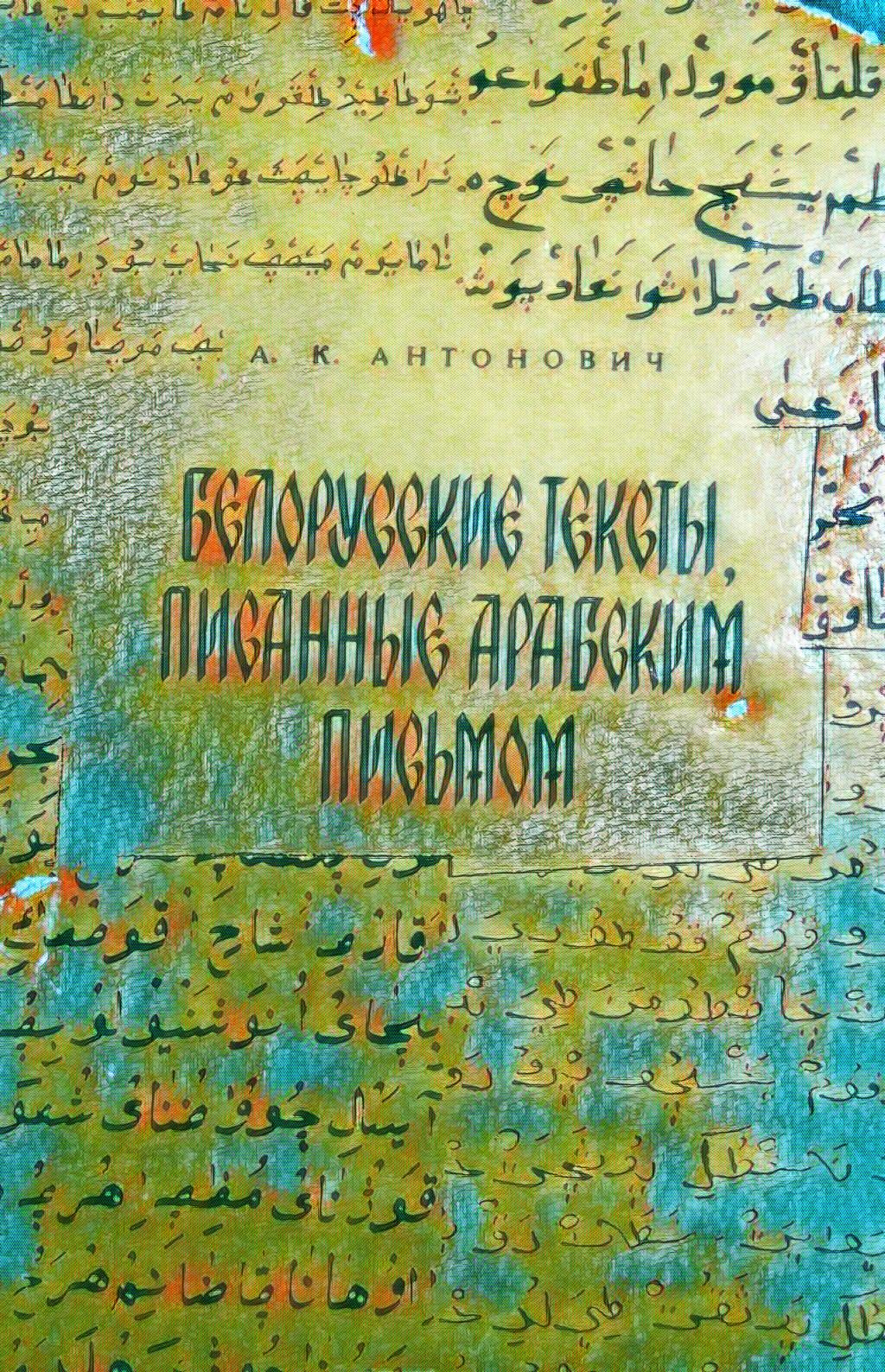Materials 1: Belarusian manuscripts in Arabic sciprt and related research issues
-
Transliteration of the Belarusian texts written in Arabic script in the context of the slavic transliteration problems
 Hienadź Cychun. Transliterating Slavonic texts written in Arabic is notoriously difficult due to typologically different tradition of writing, but Belarusian texts manage to reflect live vernacular pronounciation. An opposite phenomenon is observed in the Slavic texts written with the Greek script (Konikovo Gospel): a “mixed” mode (transliteration + transcription) imbued with South-Macedonian dialect features.
Hienadź Cychun. Transliterating Slavonic texts written in Arabic is notoriously difficult due to typologically different tradition of writing, but Belarusian texts manage to reflect live vernacular pronounciation. An opposite phenomenon is observed in the Slavic texts written with the Greek script (Konikovo Gospel): a “mixed” mode (transliteration + transcription) imbued with South-Macedonian dialect features. -
The study history of Belarusian Perso-Arabic manuscripts: A.Antonovich's school
 Galina Miškinienė. Belarusian Perso-Arabic manuscripts were first mentioned in the 19th c., but their systematic study was done by Anton Antanovič (1968). He developed a special transliteration system for those Perso-Arabic characters. Valiery Chekman continued his developments (1985). The research school of A.Antonovich is active today, and the name of the scientist is forever inscribed in the history of Belarusian writing.
Galina Miškinienė. Belarusian Perso-Arabic manuscripts were first mentioned in the 19th c., but their systematic study was done by Anton Antanovič (1968). He developed a special transliteration system for those Perso-Arabic characters. Valiery Chekman continued his developments (1985). The research school of A.Antonovich is active today, and the name of the scientist is forever inscribed in the history of Belarusian writing. -
Review of Perso-Arabic transliteration and transcription systems for Belarusian
 Iwona Radziszewska. Review of nine systems of transliteration, transcription of Belarusian Arabic literary monuments, along with the standards ISO 233:1984 and DIN 31635 for Arabic and Turkish, Persian graphemes. The tables contain 41 Arabic consonants and 64 vowels with Latin and Cyrillic equivalents.
Iwona Radziszewska. Review of nine systems of transliteration, transcription of Belarusian Arabic literary monuments, along with the standards ISO 233:1984 and DIN 31635 for Arabic and Turkish, Persian graphemes. The tables contain 41 Arabic consonants and 64 vowels with Latin and Cyrillic equivalents. -
Transliterating Slavic (Belarusian and Polish) texts written in Arabic script
Mikhael Tarelko. Mikhael Tarelko, Research center for Belarusian culture, language and literature of the National Academy of Sciences of Belarus, Minsk
-
Tefsir of the Great Duchy of Lithuania's Tatars: a bibliography review and source criticism
Iryna Synkova. Iryna Synkova, Minsk University of Management, Minsk
-
Polish translation of the first Qur'an's sura according to manuscripts of Lithuanian Tatars: a preliminary textological estimation of the sources of the 18—19 cc.
Sergejus Temčinas, Institute of Lithuanian language, Vilnius. Sergejus Temčinas, Institute of Lithuanian language, Vilnius